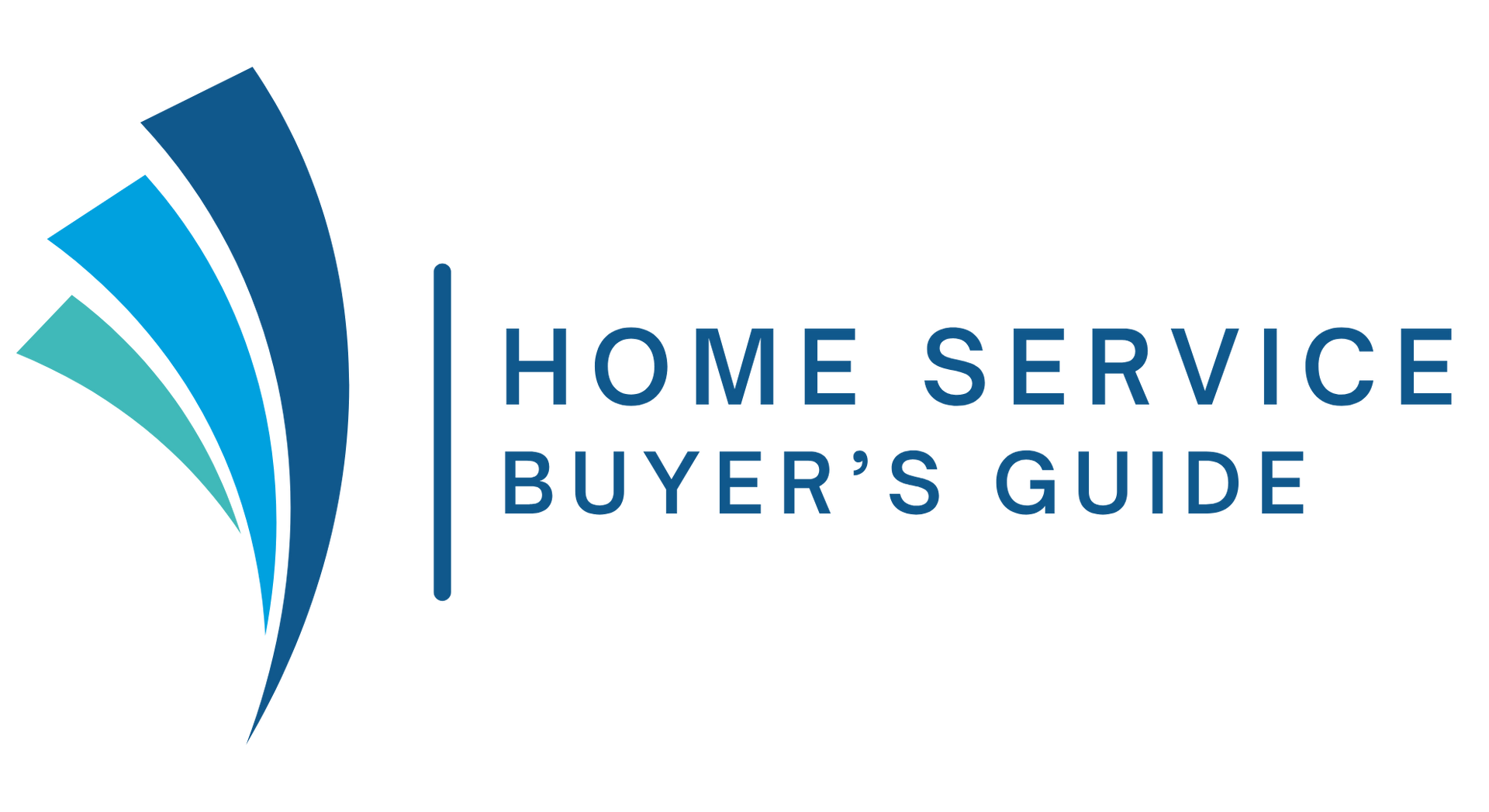What Does It Mean When My Heat Pump is Short Cycling
Understanding HVAC Short Cycling: Why Your System is Turning On and Off Too Quickly
If you've noticed your air conditioner or furnace turning on and off multiple times within an hour, only running for short bursts, your HVAC system is likely short cycling. This is a common but serious problem where the system fails to complete a standard, full operational cycle before shutting down.
A typical, healthy cycle should last at least 10 to 20 minutes, allowing the unit to efficiently regulate temperature and properly condition the air. When an HVAC unit short cycles, it significantly stresses vital components like the compressor and motor, leading to excessive wear and tear, higher energy bills due to constant starts and stops, and poor temperature control inside your home. In the summer, short cycling is particularly problematic for air conditioning, as the system does not run long enough to effectively dehumidify the air, leaving your home feeling cool but sticky.
There are several reasons why your unit may be short cycling, ranging from simple fixes to major equipment issues. One of the most common culprits is an oversized HVAC system. If your unit is too large for the square footage of your home, it will cool or heat the space too quickly, satisfy the thermostat rapidly, and shut off prematurely, only to have the temperature drift back out of range moments later. Other common issues include a severely clogged or dirty air filter which restricts airflow and causes the unit to overheat or freeze up; a faulty thermostat that is incorrectly calibrated, has dead batteries, or is poorly located near a heat source like a sunny window; or, in the case of an air conditioner, a low refrigerant charge which can cause pressure drops that trigger a safety shutoff.
If you suspect your HVAC system is short cycling, there are a few simple things you can check immediately. Start by inspecting and replacing your air filter if it is dirty, as this is the easiest and cheapest fix. Next, verify your thermostat settings and ensure it Is functioning correctly; try replacing the batteries or confirming it is mounted on an interior wall away from direct heat sources. If these steps do not solve the problem, the issue is likely more complex, potentially involving electrical faults, problems with the capacitor or compressor, or an underlying sizing issue.
In these scenarios, the best course of action is to immediately turn off your HVAC system to prevent further damage to expensive components, especially the compressor, and call a certified HVAC professional to diagnose the problem accurately. A technician can safely inspect the coils, check refrigerant levels, and assess the overall health and sizing of your system to provide a lasting repair solution.
The mission of The Home Service Buyer’s Guide is to empower homeowners in need of service in the heating and cooling, plumbing, and electrical space to make informed and responsible buying decisions. We encourage all homeowners visiting our site and looking for a reputable contractor to use our trusted contractor referral service, ensuring you get connected with qualified professionals ready to tackle your home service needs.
